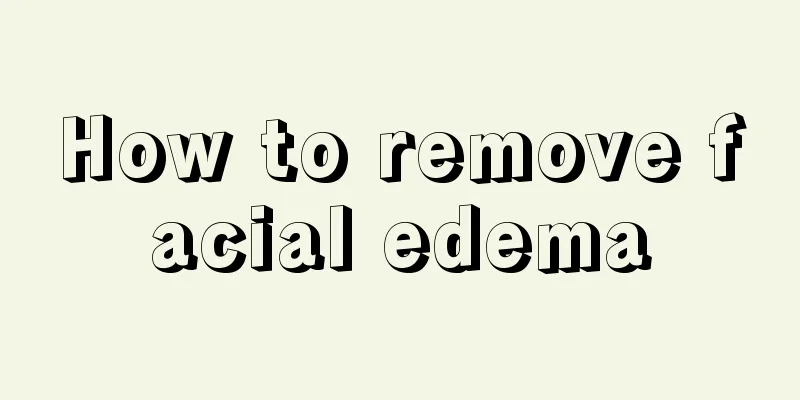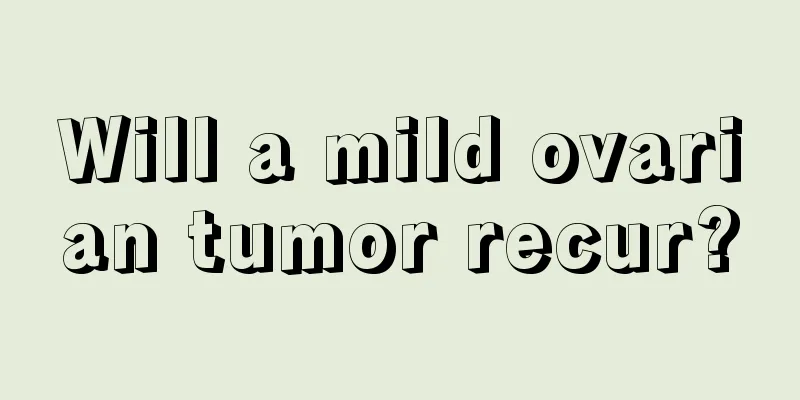Traumatic inflammatory response

|
The inflammation we commonly see is usually infectious inflammation caused by bacterial invasion. For this type of disease, many anti-inflammatory drugs on the market can cure it. However, there are other types of inflammation in medicine, such as traumatic inflammation, acute inflammation and other physiological reactions. Traumatic inflammation usually results from tears and damage to the body's subcutaneous tissue. So what are the main symptoms of traumatic inflammation? 1. Traumatic ulcers refer to ulcers caused by long-term chronic mechanical damage such as residual roots and crowns in the mouth, sharp edges of teeth, misplaced teeth, and poor restorations; or ulcers caused by long-term self-harming bad habits such as biting the cheek, cheek, and lip. The shape of the ulcer matches the irritant perfectly 2. 1. Physical damage 3. It is the most common traumatic ulcer. Residual roots, residual crowns, poor restorations, sharp tooth tips, etc. can cause ulcers or erosions in the corresponding mucosa. At first, there may be only slight pain or swelling. After a long time, there will be an inflammatory reaction around the ulcer, the base of the ulcer will be hard, and there may even be tissue hyperplasia. If it occurs on the edge of the tongue in the elderly, it is often suspected to be tongue cancer. The size, location, and depth of the ulcers vary, but are consistent with the irritant. The severity of the condition is related to the duration of the stimulus and the patient's physical condition. When secondary infection occurs, the pain worsens and regional lymph nodes become swollen and tender. 4. The ulcer caused by repeated friction of the hard rubber pacifier on the mucosa of the baby's upper palate wing hook is called Bednar ulcer. The ulcer on the tongue caused by the friction between the short tongue frenulum and the sharp incisal ridge of the newly erupted mandibular incisors in children is called Riga-Fede ulcer. 5. Acute or accidental mechanical injuries are also common, such as trauma, bites, a hard toothbrush or improper use, improper use of sand or dental drills, which can cause acute damage to the mucosa, ulcers, and even lacerations. 6. 2. Chemical damage 7. Chemical damage to the oral mucosa is caused by improper local medication or accidental ingestion of strong acids or alkalis. In oral treatment, some corrosive drugs may damage the mucosa if used carelessly, such as arsenic trioxide inactivator, iodine phenol, silver nitrate solution, etc. As the temporary cement sealing is not tight, arsenic trioxide enters the tooth gap, damages the gingival papilla, and even causes tissue necrosis, and even worse, causes alveolar bone necrosis. Improper use of silver nitrate, trichloroacetic acid, etc. can also cause mucosal necrosis. In addition, patients sometimes take painkillers, such as aspirin, in their mouths because of toothache. Because the drug contacts the gums for too long, it causes chemical damage, resulting in local congestion and erosion. |
<<: What medicine can be used to stop bleeding from mole sores
>>: What does ct inflammation change mean
Recommend
How should melanoma be diagnosed
How should melanoma be diagnosed? It is not diffi...
Is the massage pillow useful for cervical spondylosis?
With the development of the economy, people pay m...
How to check for endometrial cancer
Endometrial cancer has always troubled us in life...
What is your experience in hair care
Hair is a concern for many people in life, but ma...
Can lung cancer patients take Pien Tze Huang
Can I take Pian Zai Huang if I have lung cancer? ...
What are some tips for removing dandruff
When it comes to removing dandruff, many people t...
Differentiation between gallbladder cancer and gallbladder polyps
Early gallbladder cancer and gallbladder polyps l...
What are the symptoms of fever caused by nasopharyngeal cancer
What are the symptoms of fever caused by nasophar...
4 Dos and Don'ts in Diet for Pancreatic Cancer Patients
A reasonable diet plays a very important role in ...
What groups of people are suitable for using deer antlers
Deer antler is a very expensive nutritional produ...
What are the symptoms of bladder cancer
Typical symptoms of bladder cancer include hematu...
How to descale a faucet
Scale can be hidden in many places, such as insid...
What are the diagnostic methods for liver cancer?
Liver cancer is one of the most common malignant ...
Do you need to exercise if you have cervical cancer effusion?
The symptoms of cervicitis are very common, with ...
Urine has lots of bubbles
If there are a lot of bubbles when you urinate, d...









